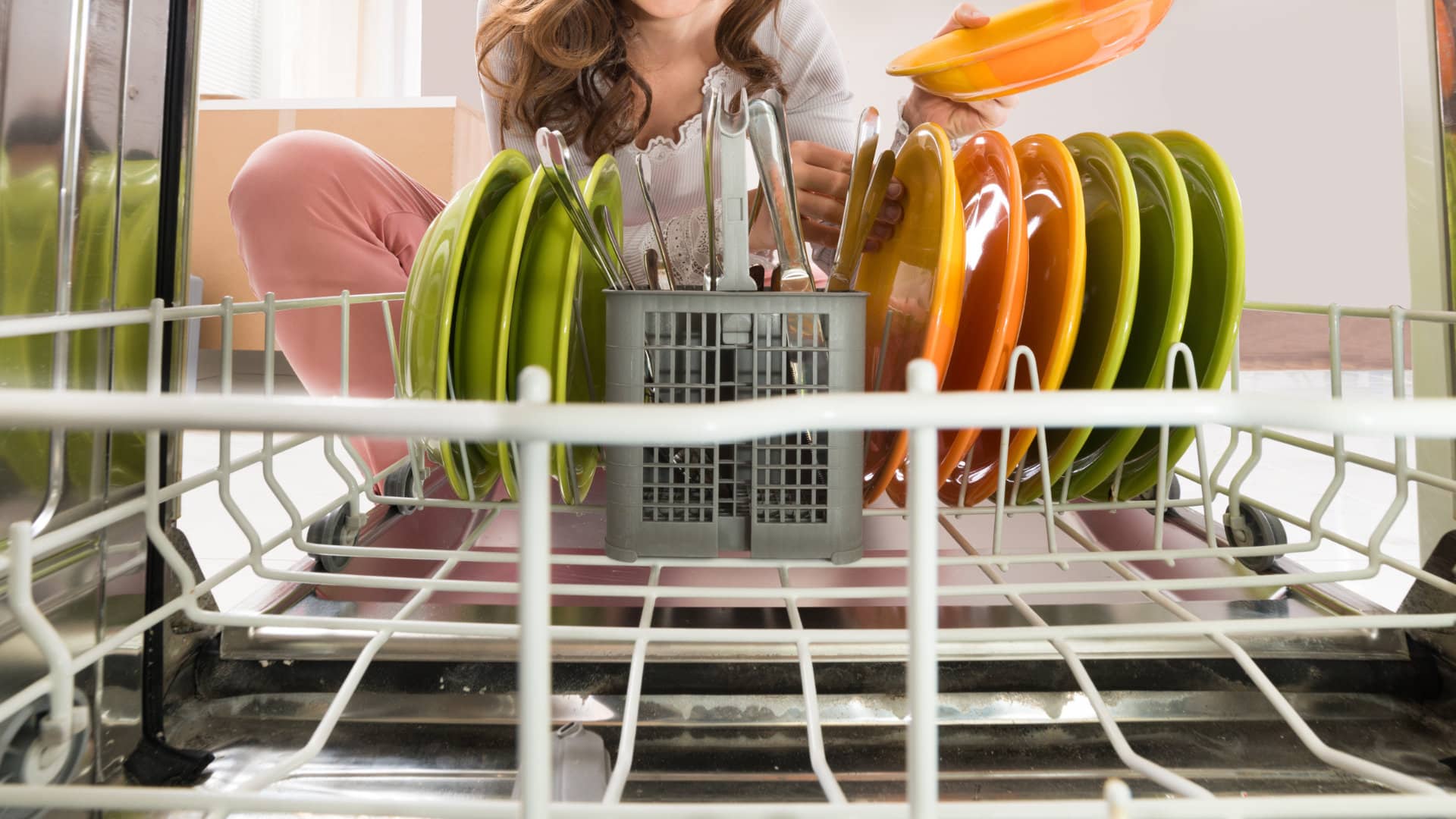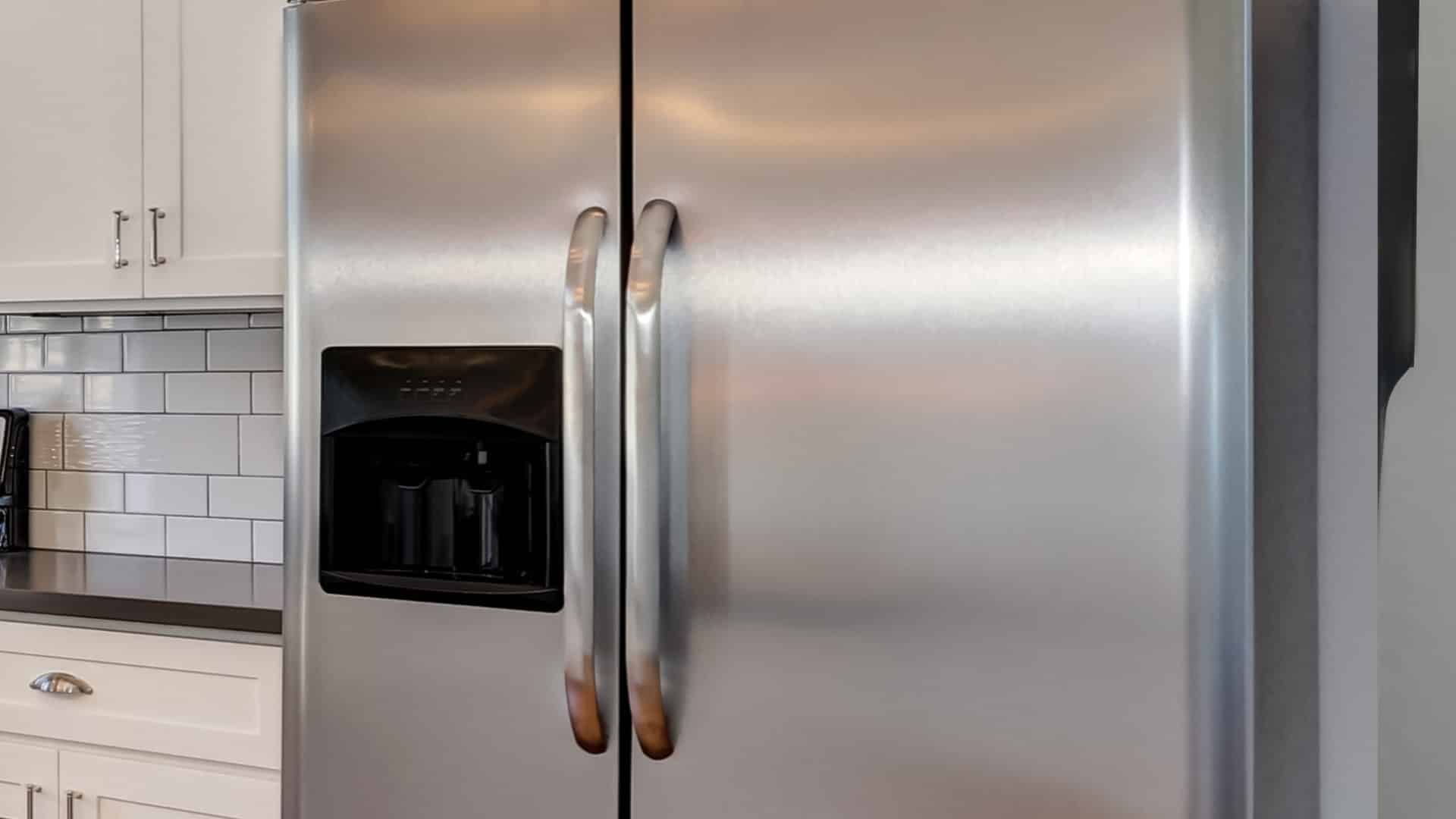
Have you noticed strange knocking sounds coming from your refrigerator? It sounds alarming, but there are quite a few easy fixes that can solve the problem. Read on to find out the most common causes of knocking sounds and what to do to fix them!
Your refrigerator is unbalanced
We’ll start with the easiest fix! Refrigerators have fans that cause them to vibrate slightly, which creates a low, almost imperceptible hum. If your refrigerator is off balance, however, the vibrations from the fans can cause it to knock against the wall, your kitchen bench, or a nearby appliance, producing a knocking sound.
Thankfully, the fix for this is super simple! Just follow these steps:
- Firstly, use a level to ensure your fridge is sitting flat. If it turns out it’s on a lean, make changes to the adjustable feet until it’s sitting perfectly level.
- Next, check the area around your fridge. There should be a minimum of half an inch of space between the refrigerator and any walls, benches, or other appliances.
- If the fridge is pressed up against something, use a furniture dolly to carefully move it so that it’s no longer touching anything.
- Check to see if the knocking noise has stopped. If it hasn’t, move on to the next step in our guide!
Iced up evaporator fan
The evaporator fan is located inside the freezer compartment, behind a panel at the back. It works to circulate cold air throughout the freezer=, but in some cases, ice buildup can cause the fan to seize or become noisy.
First, make sure the noise is coming from the evaporator fan. Open the freezer compartment, remove any food so you can access the back panel, and listen. If the knocking sound comes from this area, it’s almost certainly an evaporator fan issue.
You have two options—you can either assume that ice is causing the issue, and go immediately to a manual defrost, or you can remove the back panel to confirm there is ice. How to remove the back panel will differ depending on your brand of refrigerator, so consult your owner’s manual before beginning. Make sure you turn off your refrigerator before beginning any work.
To manually defrost your evaporator fan:
- Remove all food from the freezer compartment and store it somewhere cold.
- Turn off your fridge.
- Take a hairdryer on a medium setting and point it at the evaporator fan for a few minutes. You want to ensure all the ice around the evaporator fan has melted.
- If there is further ice buildup in your freezer, you may prefer to do a full defrost. Remove everything from the fridge and freezer and leave it to stand at room temperature until the process is complete.
- Once you’re confident the evaporator fan has thawed, turn your fridge back on and check if the knocking sound has gone.
If the knocking sound is fixed, it’s worthwhile investigating why the evaporator fan iced up in the first place, as it can indicate deeper issues with the defrost thermostat. Power outages or repeatedly leaving the freezer door open can lead to condensation issues, so ensure your freezer is set to the right temperature and that you’re not leaving the door open for long periods.
Malfunctioning compressor
If your compressor is malfunctioning, it can lead to a knocking or buzzing sound coming from the back of your refrigerator. To investigate this issue:
- Confirm the source of the noise—compressors are located at the back or bottom of most brands of fridge.
- Unplug your fridge and check around the compressor to see if there are any loose screws or problems with the mounting. If the compressor casing is not tightly attached, this can lead to a knocking sound.
- Tighten any loose parts, then plug the fridge back in.
- If the compressor is still making a knocking sound, it may be faulty. Unfortunately, this is not a job for a DIYer, as compressors contain refrigerant, and EPA regulations mean that anyone working with refrigerants must be licensed. Replacing the compressor is often a costly repair, and in many cases, it’s preferable to replace the whole fridge.
Issues with the ice maker
If your fridge has an ice maker, this could be responsible for the knocking sound. There are two main causes for this.
Ice maker is misaligned:
If the ice maker is misaligned, the ejector arm may bump against other fridge components when trying to eject the ice. To fix this:
- Open up the ice maker compartment and check that it is properly aligned and fastened in place.
- If it looks out of place, shift it so that it’s straight, and make sure it’s adequately held in place with any clips or fastenings (this will vary based on the model).
Ice cubes are stuck in the ejector arm:
Ice cubes can get stuck in the ejector arm, and this can cause a knocking sound as the ice maker continually senses that there is ice in it and tries to empty it out. To fix this:
- Try to manually eject the ice from the ice maker.
- Turn off the power to the fridge for a few minutes to allow the ice to melt slightly.
- Once the ice is ejected, turn on the fridge and try again. If the problem persists, there might be an issue with the heating element that allows the ice to drop. You can look into replacing the part yourself if you feel confident working with electrical wiring, or you can call in a technician to help.
Problems with the water inlet valve
If the water inlet valve in your fridge is damaged, or if it has dirt or mineral deposits on it, this could lead to a knocking sound as water tries to flow through it. To fix this:
- Unplug the refrigerator and locate and inspect the valve. In most models, this will be at the back of the fridge near the bottom.
- Check the valve for any visible damage or mineral buildup.
- If it appears faulty in any way, it will need to be replaced. You can order a new part online from the manufacturer.
- Follow the instructions in your user’s manual to remove the old valve and put the new one in place. The knocking sound should now be solved!
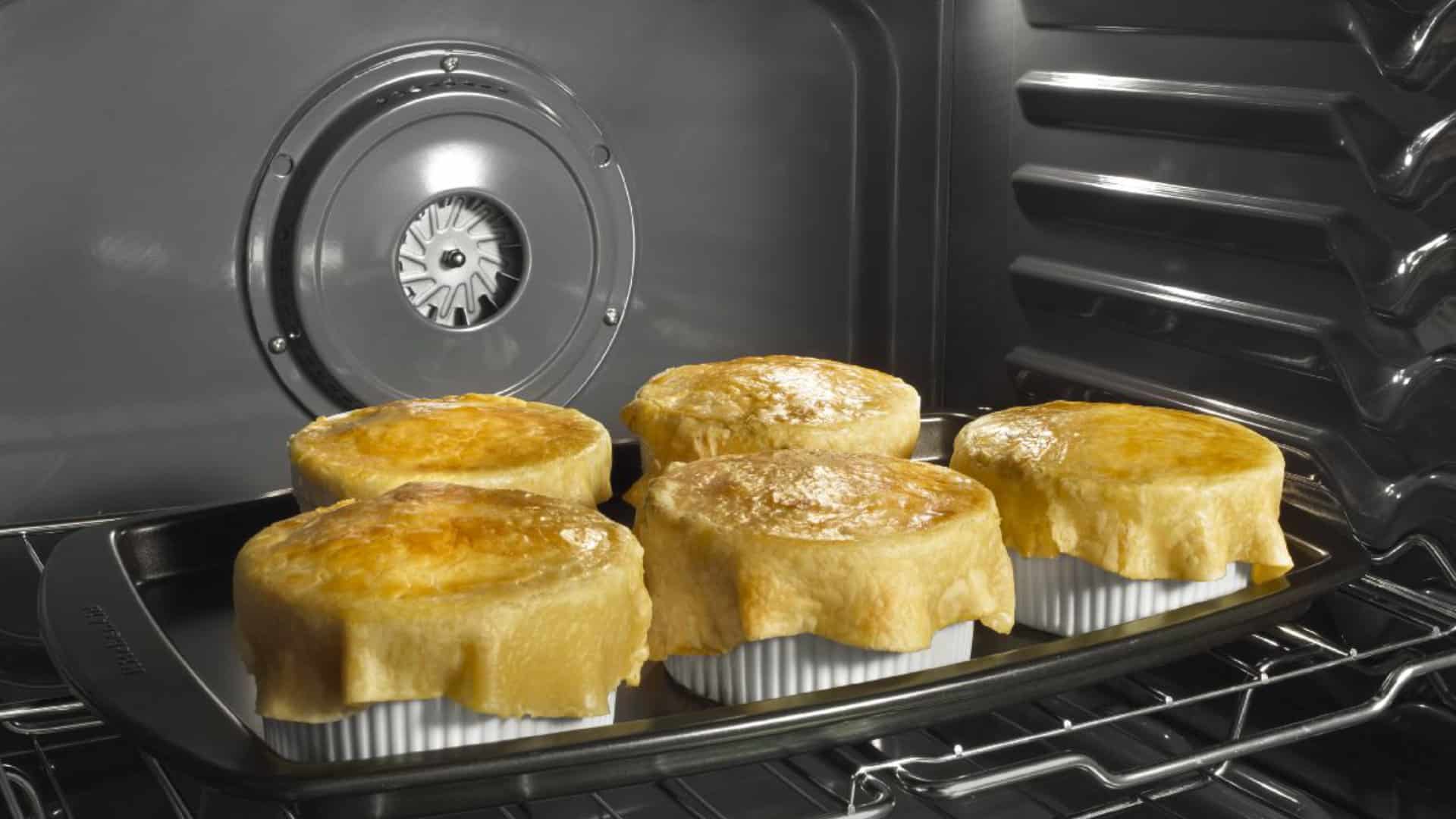
How to Fix Whirlpool Stove F9 Code
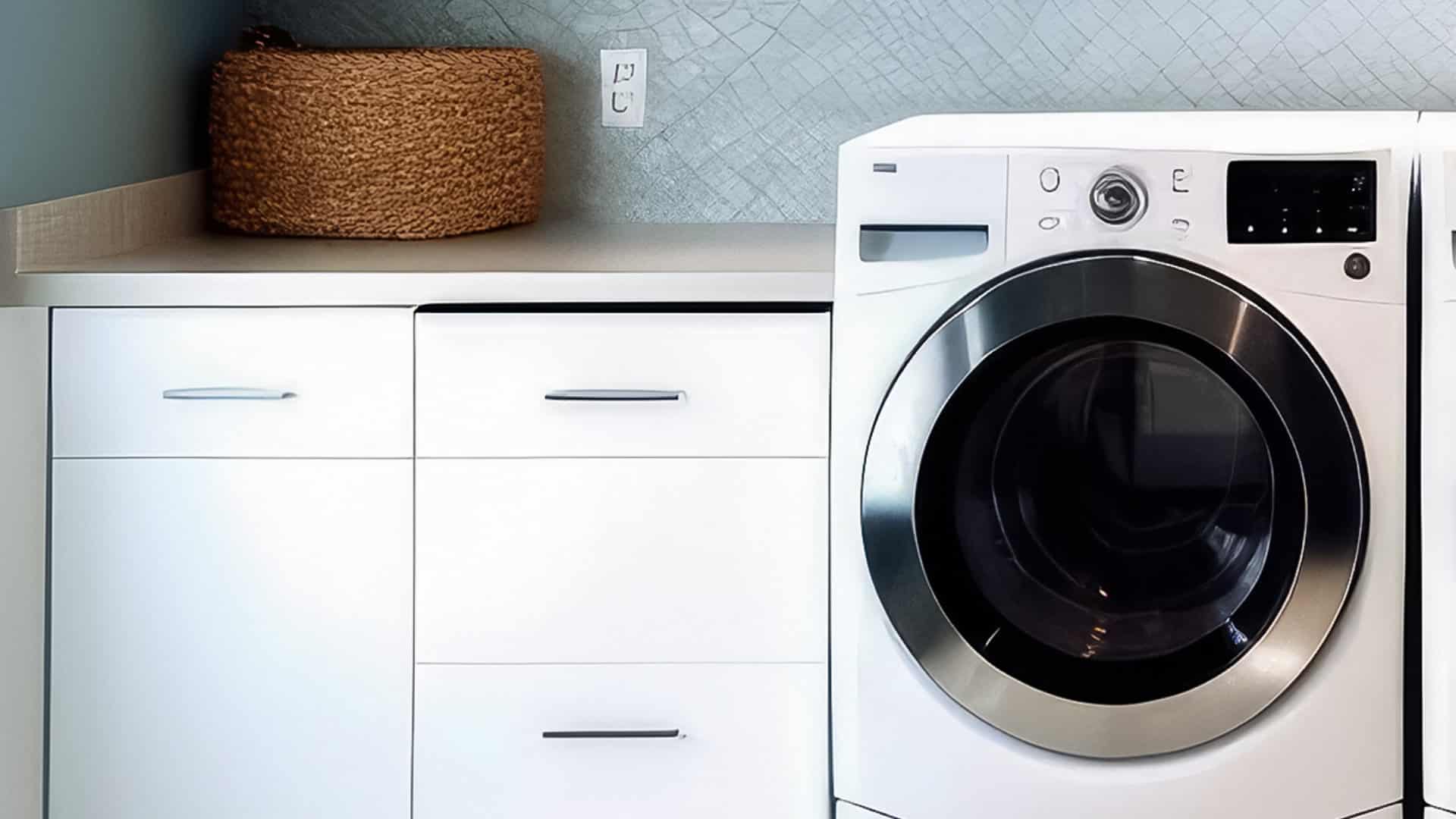
Fix Whirlpool Duet’s F20 Error Code
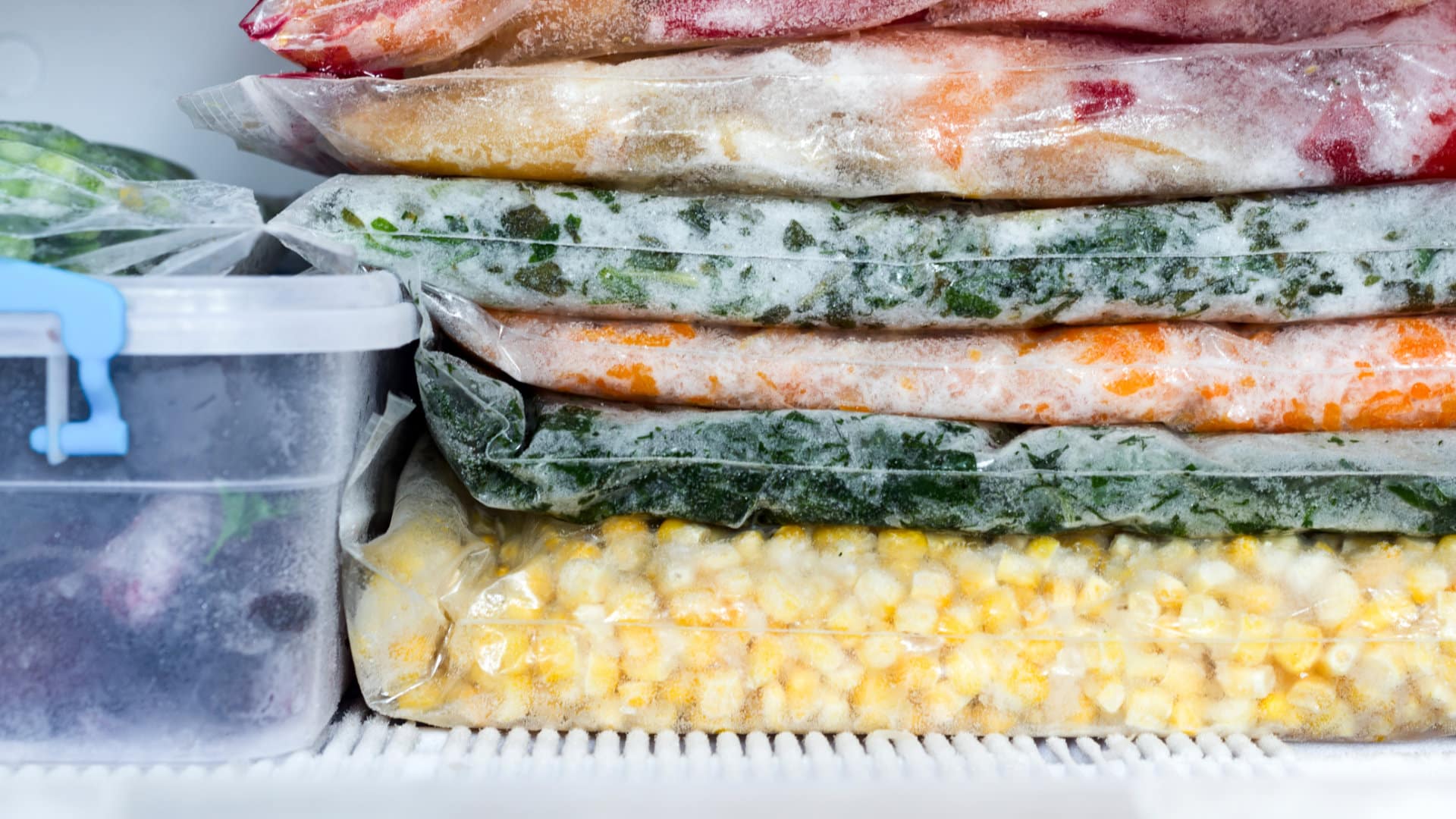
Freezer Working But Not Fridge? 5 Fixes

Speed Queen Washer Error Codes Explained
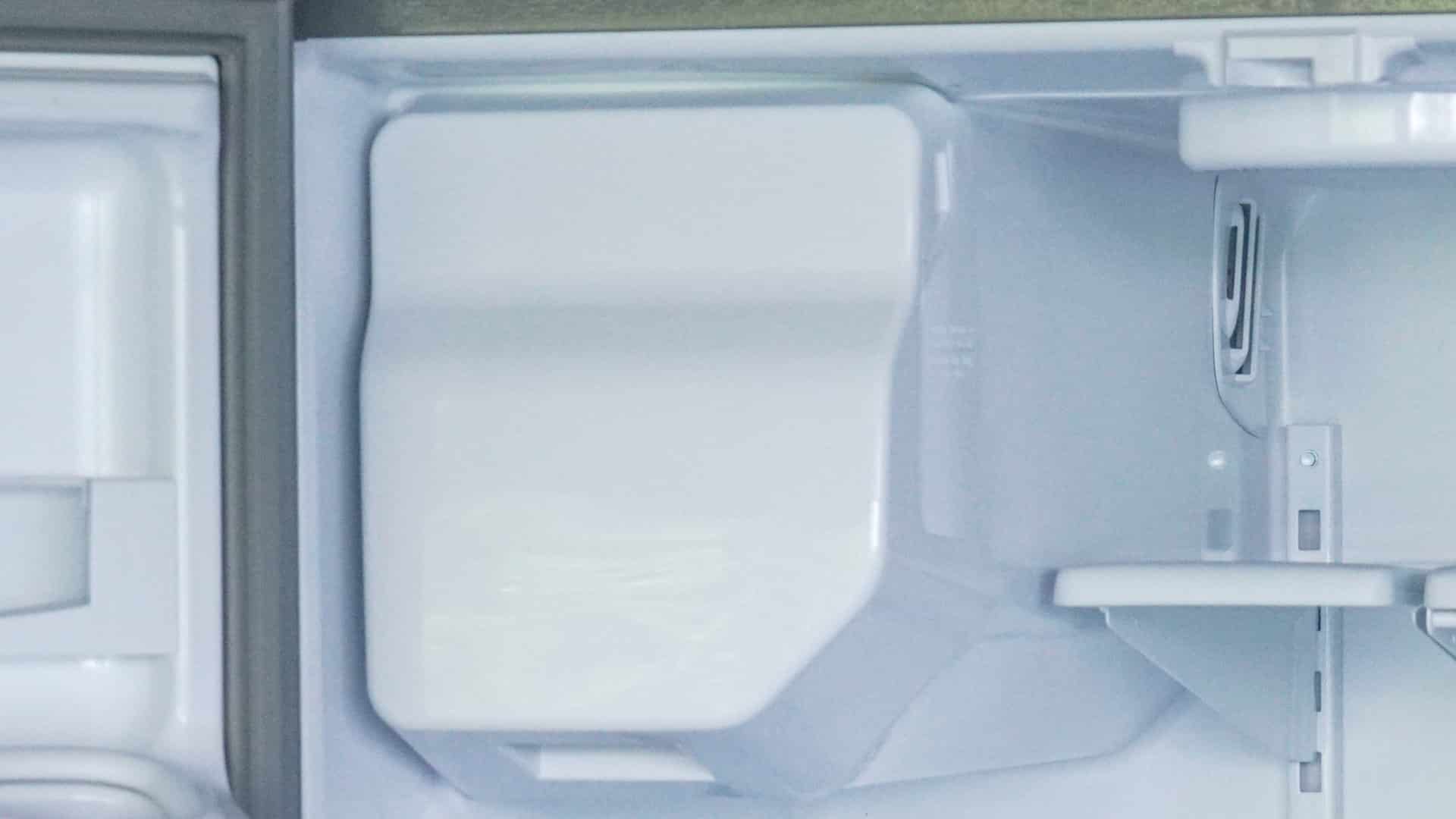
7 Reasons Why Your KitchenAid Ice Maker Isn’t Working
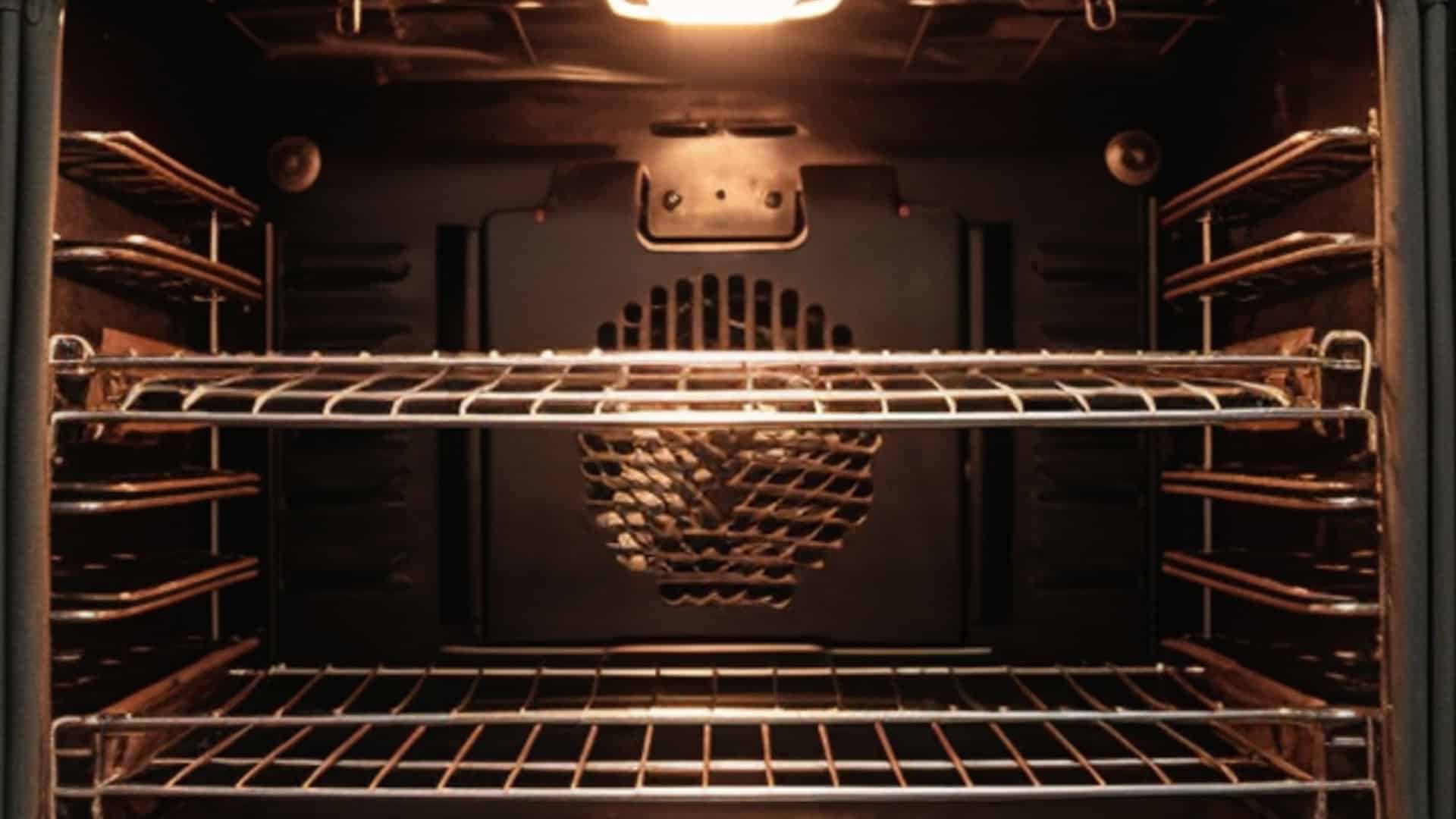
LG Oven F9 Error: Here’s How to Fix It
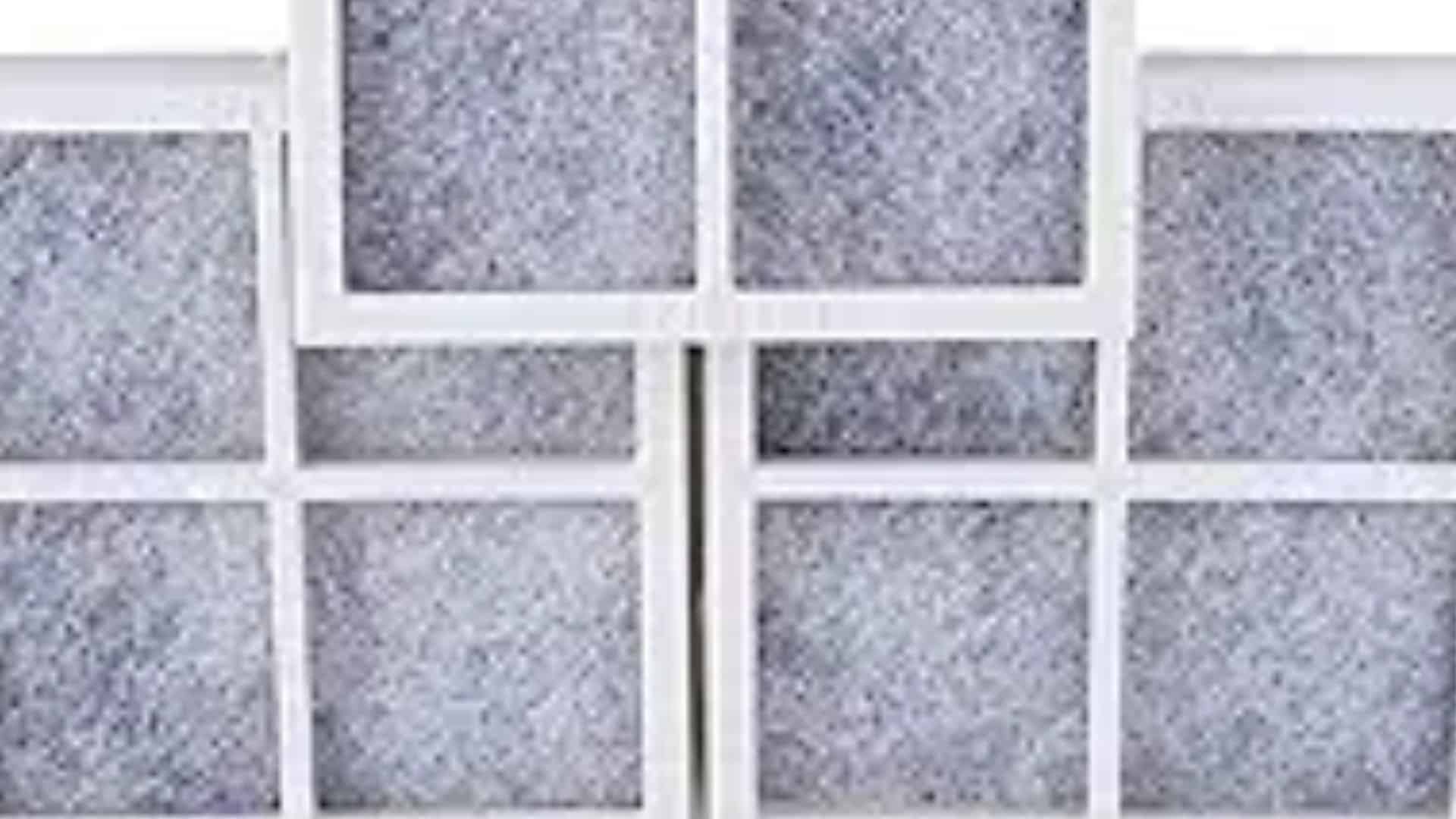
How to Replace an LG Refrigerator Air Filter

What Do Dryer Sheets Do?

How to Cook Corn on the Cob in the Microwave
